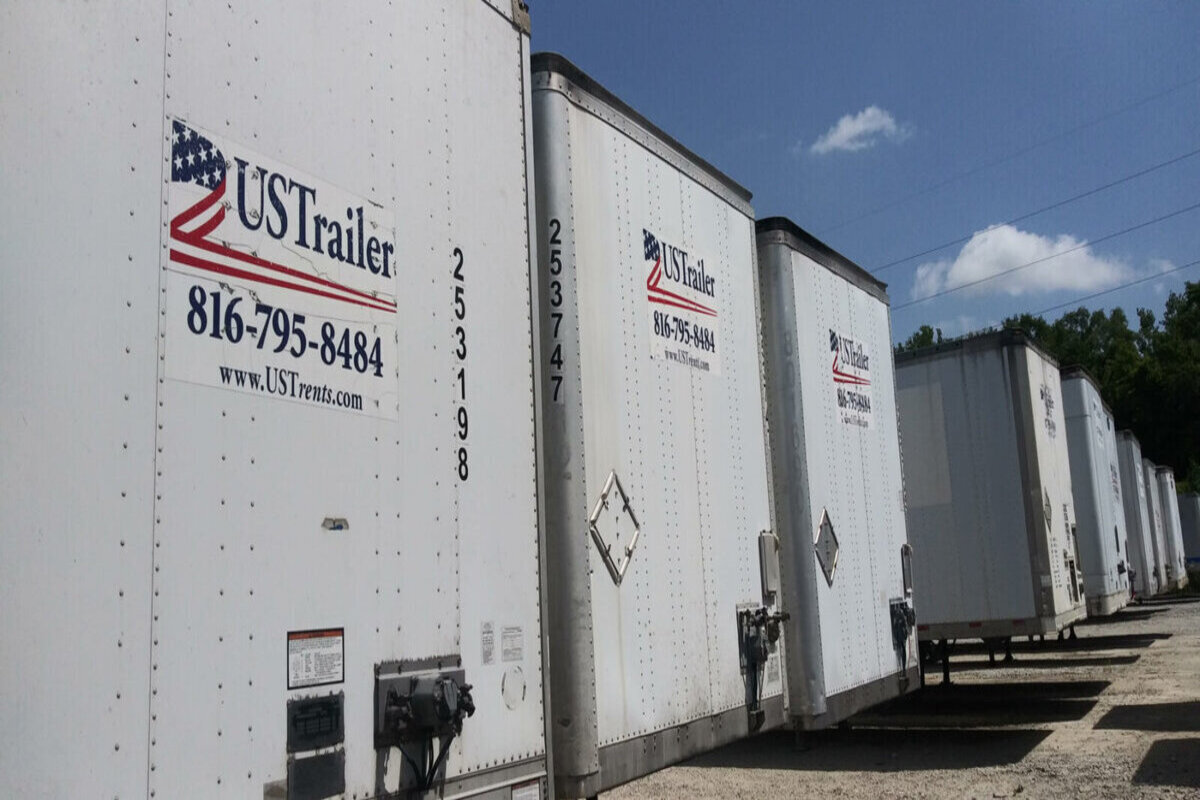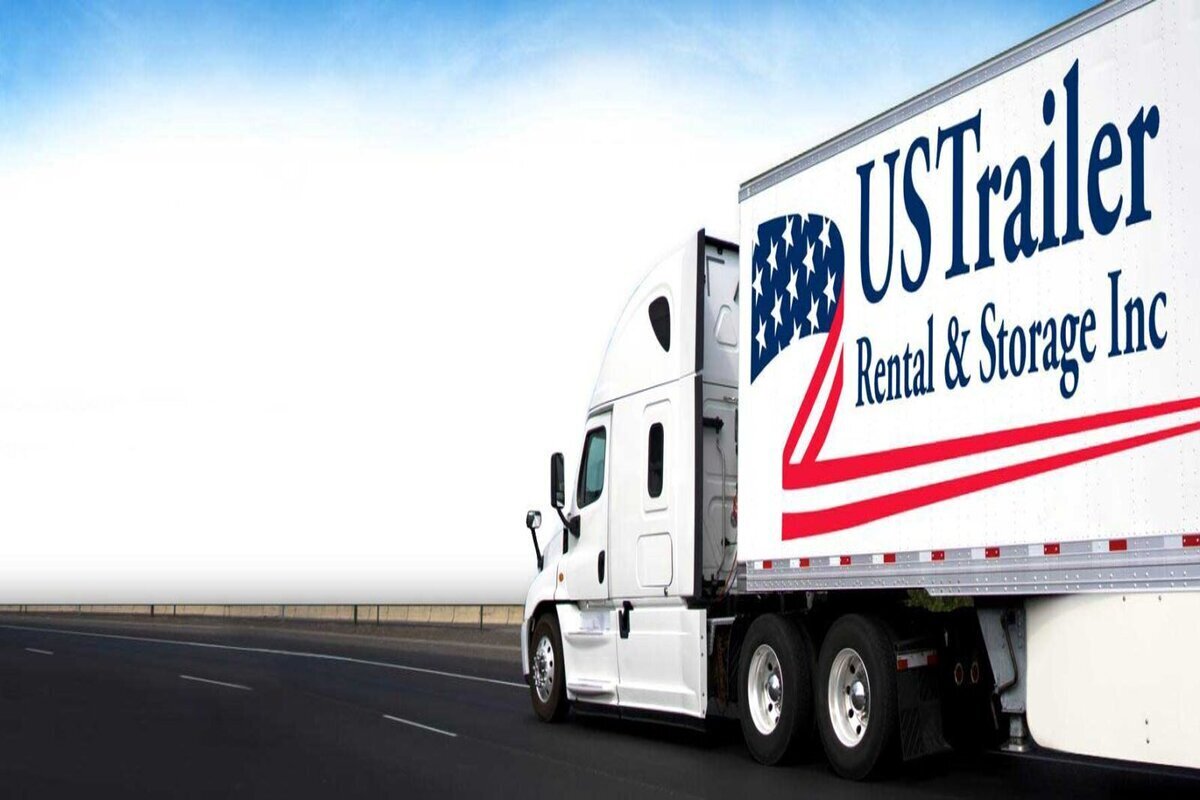Semi-trailer rentals for storage purposes are becoming increasingly popular in today’s business landscape. These versatile solutions, often called portable warehouses, offer a convenient way to scale storage space without the need for specialized licenses or permits. Whether you’re a small startup or a large corporation, understanding how to drive a semi-trailer and leveraging it as a portable warehouse can greatly enhance your storage and logistics capabilities.
What is a Semi-Trailer?
A semi-trailer serves as an adaptable solution for storage needs. It’s essentially like having a movable extension of your warehouse space. You can rent these trailers without the need for a special license, making them accessible to businesses of various sizes.
Renting a Semi-Trailer
No Special License Required
Contrary to popular belief, you don’t need a specialized license to rent a semi-trailer. These trailers can be rented for storage purposes, essentially functioning as portable warehouses. It’s a convenient option for businesses looking to scale their storage space without the hassle of additional permits or licenses.
Insurance Requirements
While a special license isn’t necessary, there are specific insurance requirements to consider when leasing a semi-trailer. Customers must ensure that the trailer is adequately insured, with particular attention to liability coverage. Typically, a minimum of one million dollars in general liability coverage is required to rent a storage trailer.
Practical Uses of Semi-Trailers
Scalable Storage Solutions
One of the primary advantages of using semi-trailers as portable warehouses is their scalability. As your storage needs fluctuate, you can easily adjust by renting additional trailers. This flexibility allows businesses to adapt to changing inventory levels and seasonal demands without committing to permanent expansions.
Logistics Simplification
Renting semi-trailers for storage purposes also simplifies logistics. Instead of investing in fixed warehouse space or relying on off-site storage facilities, businesses can keep their inventory close at hand. With delivery and pickup services provided, the logistics of managing storage become more streamlined and efficient.
Leasing Considerations
Insurance Compliance
To ensure a smooth leasing process, it’s essential to comply with insurance requirements. Listing the leasing company as the certificate holder, loss payee, and additional insured is crucial for liability protection. This arrangement grants the leasing company the authority to handle insurance matters in the event of accidents or damages involving the trailer.
Flexibility in Contract Terms
When leasing a semi-trailer, businesses should seek flexibility in contract terms. This includes options for short-term rentals, lease extensions, and provisions for scaling up or down as needed. By negotiating favorable terms, businesses can maximize the benefits of using portable warehouses for their storage needs.
In Summary
Renting a semi-trailer as a portable warehouse offers businesses a flexible and cost-effective storage solution. With the convenience of not needing a special license to rent and drive a semi-trailer, businesses can effortlessly scale their storage space to meet evolving demands. However, it’s crucial to adhere to insurance requirements and negotiate favorable lease terms for a seamless experience.
If you’re interested in exploring the possibilities of utilizing portable warehouses for your storage needs, feel free to contact us for more information.






